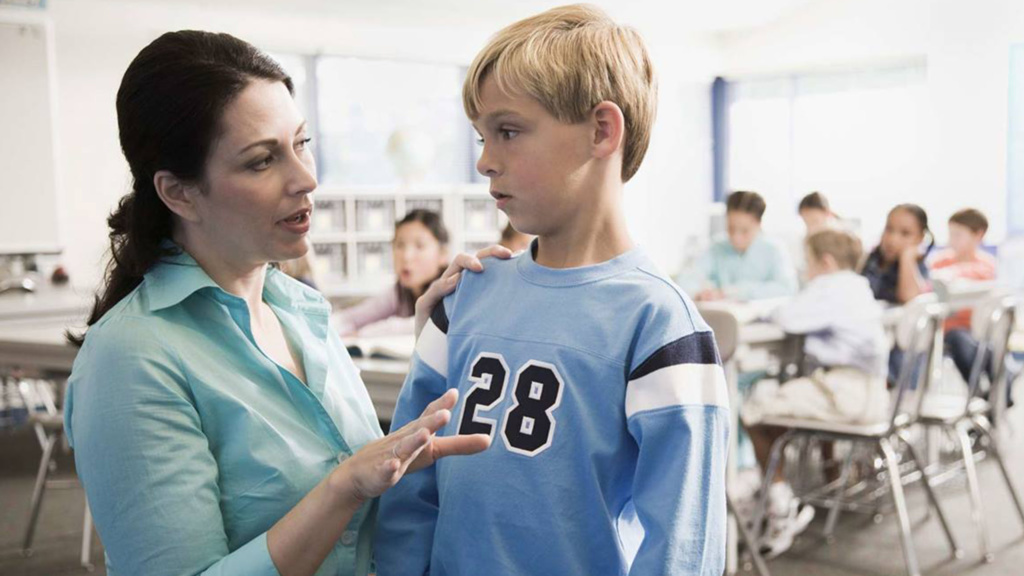
In recent years, social and emotional skills have risen to prominence in the global education agenda and become a focus for international organisations like the OECD. In addition to being important for wellbeing and achievement at school, research has linked social and emotional skills with both long-term life outcomes and the future of work.1 For disadvantaged students, they are also key to social mobility. 2
Given their importance, we need to think carefully about how we can support the development of social and emotional skills in all young people, particularly those from disadvantaged backgrounds. In England, the Department for Education’s latest guidance on character education adopts a strong focus on extracurricular activities as a pathway to developing skills like resilience, self-efficacy and persistence (bundled under DfE’s definition of ‘character’).3 Notably, it also calls for schools to reduce access barriers and reflect on the extent to which all pupils ‘benefit equally’ from such provision.
While traditional extracurricular activities are undoubtedly a valuable platform to support young people’s personal development, they are not a silver bullet.4 If we agree that social and emotional skills are important, provision for developing them deserves proper attention, funding and use of evidence—just as we would expect for changes to the curriculum or exams. We also need to ensure that quality provision is accessible for young people from all backgrounds.
At Nesta, we responded to this challenge by launching our Future Ready Fund—a programme which backs early-stage, high-potential organisations to build social and emotional skills in 11–18 year olds. We support these organisations to scale and, crucially, to evaluate their impact using validated measures. Many of them are designed to reach and engage some of our most disadvantaged young people.
One example is Voice 21, which trains teachers to embed oracy education in their schools. A pillar of their oracy framework is the development of social and emotional skills using talk—things like listening and responding, turn-taking and speaking with confidence. This academic year, Voice 21 are transitioning into Pupil Referral Units, where nationally almost half of students are eligible for free school meals.5

For disadvantaged young people, whole-school programmes like Voice 21 can enable participation: students are exposed to the intervention through regular classroom and timetabled activities. By contrast, barriers like high cost and difficulties in access continue to impede involvement in extracurricular activities for young people from low income backgrounds.6